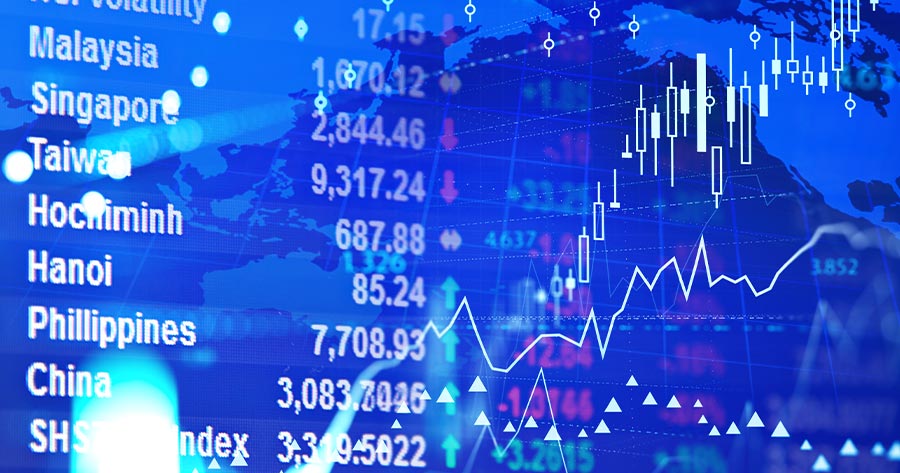Asia-Pacific markets experienced a mixed performance on Friday following a sell-off driven by inflation concerns. Investors were analyzing economic updates from Singapore and South Korea while anticipating China’s trade figures.
Nikkei was the only market with a gain this morning at 0.63%. China’s SSEC fell 0.10%, while Hong Kong’s Hang Seng Index dropped 1.54%. Korea’s Kospi decreased 0.12% and Australia’s ASX 200 dipped 0.30%.
Thailand’s SET Index closed for National Songkran Holiday and will be opened again next Wednesday.
Later in the day, China is set to release its trade data for March, with analysts predicting a 2.3% year-on-year decline in exports. This comes after the country reported lower-than-expected inflation numbers on Thursday.
According to advance estimates, Singapore’s gross domestic product for the first quarter grew by 2.7% year-on-year, surpassing the 2.2% growth in the previous quarter of 2023.
Singapore’s central bank maintained its monetary policy, keeping the width and level of its policy band unchanged. Unlike other countries, Singapore employs exchange rate mechanisms for its monetary policy rather than using a benchmark interest rate.
Meanwhile, South Korea saw a rise in the unemployment rate to 2.8% in March. The benchmark Kospi index in the country decreased by 0.26%, while the small-cap Kosdaq rose by 0.82% after the South Korean central bank kept policy rates unchanged at 3.5%, a level not seen in 15 years.
The European Central Bank, on the other hand, held interest rates steady for the fifth consecutive meeting but signaled a possible future cut, stating that adjustments may be necessary if inflation moves closer to its 2% target.





